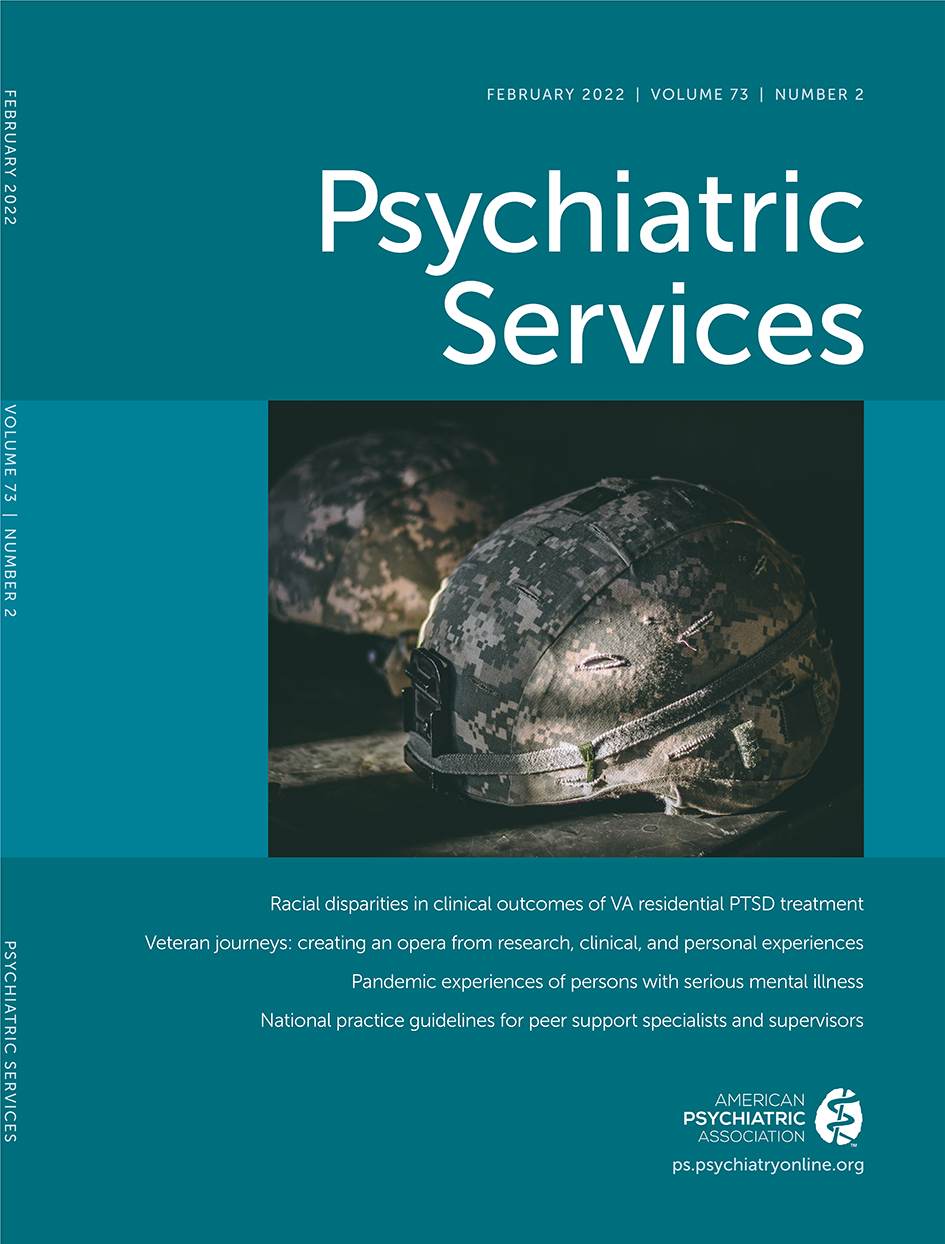Group Lifestyle Intervention With Mobile Health for Young Adults With Serious Mental Illness: A Randomized Controlled Trial
Abstract
Objective:
Evidence-based lifestyle interventions tailored to young adults with serious mental illness are needed to reduce their cardiometabolic risk. This study evaluated the effectiveness of a group lifestyle intervention (“PeerFIT”) enhanced with mobile health (mHealth) compared with one-on-one mHealth coaching (basic education supported by activity tracking [BEAT]) for young adults with serious mental illness who were overweight or obese.
Methods:
Participants were young adults ages 18–35 years with serious mental illness and a body mass index ≥25 kg/m2, who were randomly assigned to PeerFIT or BEAT. Research staff collected data at baseline and at 6 and 12 months. Main outcomes were clinically significant changes from baseline in weight (≥5% weight loss), cardiorespiratory fitness (CRF; increase of >50 m on the 6-minute walk test), and cardiovascular disease (CVD) risk reduction (clinically significant weight loss or CRF improvement).
Results:
Participants were 150 young adults with a mean ± SD body mass index of 37.1±7.4. Intent-to-treat analyses revealed no significant between-group difference for weight-loss, CRF, or CVD outcomes at 6 and 12 months. Participants in both conditions achieved clinically significant CVD risk reduction, weight loss, and CRF from baseline to 6 and 12 months, and all these improvements were statistically significant (p<0.01).
Conclusion:
The PeerFIT group lifestyle intervention was not superior to one-on-one mHealth coaching in achieving clinically significant changes in weight, CRF, and CVD risk reduction. Although both interventions improved outcomes, low-intensity mHealth coaching may be a more scalable approach for addressing modifiable cardiometabolic risk factors among young adults with serious mental illness.



